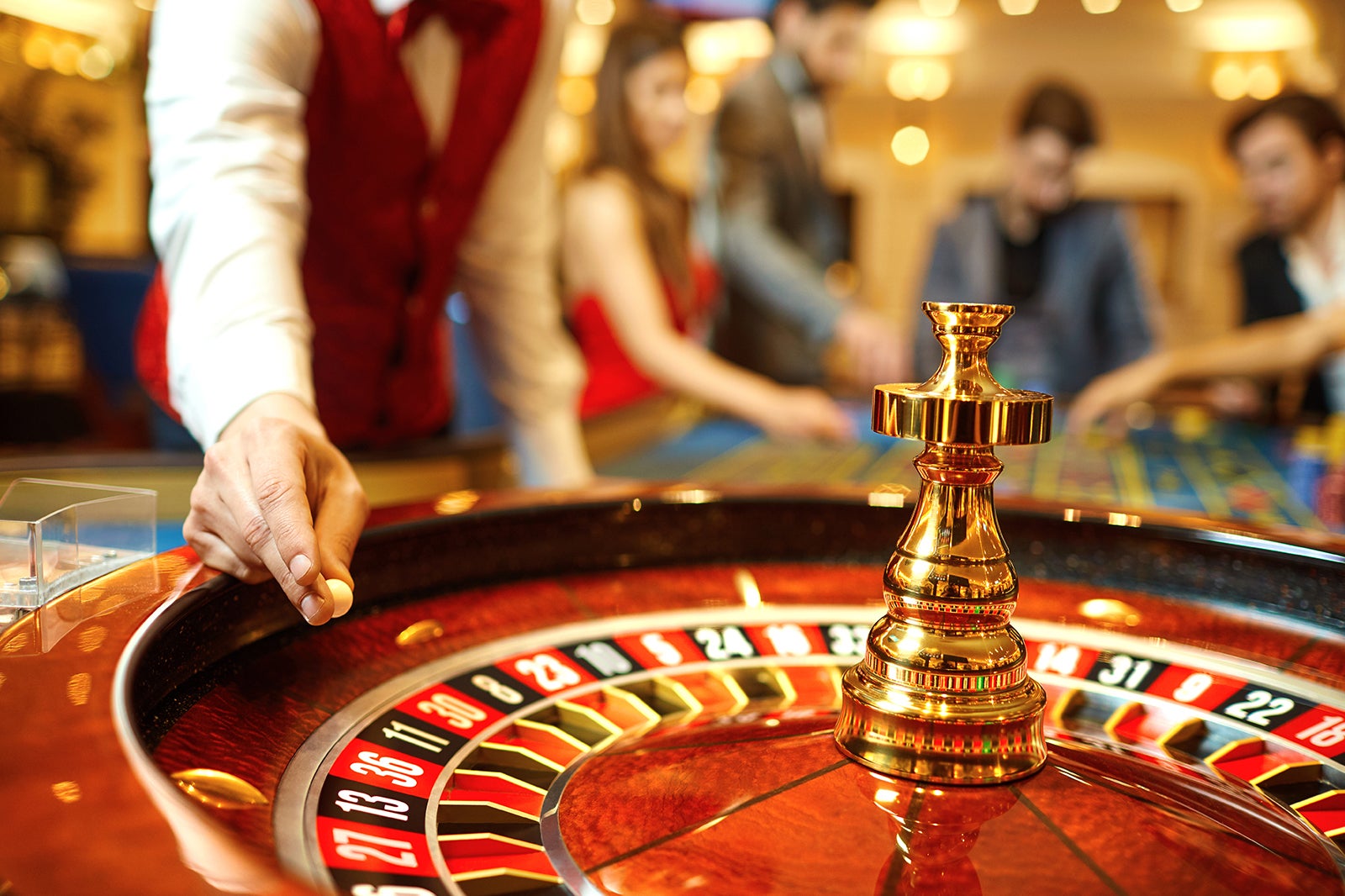
Casino games have enthralled enthusiasts for ages, pulling them into a realm of adventure, chance, and wealth. From the flashing lights of gambling machines to the strategic intensity of poker tables, these experiences offer a unique combination of entertainment and risk. However, beneath the facade of this glamour and finesse lies a sophisticated relationship of calculations that influences every outcome and decision made within the casino.
Grasping this relationship between gaming activities and numerical principles not only improves the gambling experience but also can help gamblers make wise choices. Whether you are a recreational punter or a avid follower, recognizing the numerical strategies at play can give important insights into likelihood, odds, and strategies, finally affecting how one tackles these chance games.
Statistical Likelihood in Betting
In the sphere of gambling games, mathematical probability plays a critical role in determining results and guiding player choices. Each game has a unique set of regulations and a particular likelihood model that affects its dynamics. For instance, in activities like the roulette wheel, players must comprehend the odds of landing a specific number or color. The likelihood of specific occurrences occurring can be assessed, and this knowledge can substantially affect wagering tactics.
Gambers also need to be informed of the house advantage, which is the mathematical advantage that gambling establishments hold over players in the long run. This edge differs across different activities. In 21, skilled players can use tactics to lower the house edge to as low as 1 percent, while in activities like slot machines, the casino edge can be substantially larger. Comprehending the house edge allows players to make wise decisions about which activities to play and the amount to bet.
Furthermore, likelihood is fundamental in the concept of risk versus gain in betting. Every bet carries a particular danger level, and players must evaluate the potential payout against that danger. Games like the poker game require gamblers to not only calculate the odds of their own hand winning but also to evaluate the probabilities of their opponents’ showings. By utilizing statistical principles to their strategy, players can improve their chances of winning and participate more strategically in the thrilling world of casino activities.
Expected Worth in Gambling Activities
When discussing casino games, one of the fundamental concepts rooted in math is the expected value. This statistical metric assists gamblers understand the possible results of their bets over time. In simple terms, expected worth (EV) calculates the mean amount a player can expect to win or suffer per wager if they were to play the activity repeatedly. Each game has its unique EV, influenced by the odds and the house edge, which indicates the advantage that the casino holds.
For example, consider a game like the roulette game. The anticipated worth can be calculated based on the particular bet made. If a gambler bets on a single number, the return is 35 to 1, but the actual chances of winning that bet are 1 in 37 (in European the roulette game). This results in a detrimental anticipated value, indicating that, on the whole, players will lose money over time when playing this type of bet. Grasping this concept allows gamblers to make more informed decisions about which games and bets may be less advantageous.
Moreover, the investigation of anticipated worth can lead to better money management. Players who understand the math behind their games are often able to set practical expectations. By acknowledging their potential deficits and gains, they can adjust their playing strategies accordingly, which may enhance their total gambling experience. As a result, expected value serves as a critical resource for both novice and seasoned gamblers to steer through the frequently unpredictable character of casino games.
Tactics and Odds: The Arithmetic Behind Success
In casino games, comprehending the probabilities is crucial for participants attempting to enhance their chances of success. Each activity has its own specific set of probabilities that determine winning outcomes, and these statistics are often presented in the game’s guidelines or reward charts. For example, in activities like blackjack, gamblers can enhance their odds through tactics such as card counting, which is based on arithmetic concepts to gain an advantage over the establishment. By acquainting themselves with the probabilities, players can make more knowledgeable choices on when to bet and when to quit.
Furthermore, the principle of expected outcome plays a critical function in gambling strategies. Expected value determines the typical outcome of a wager over the long run, allowing participants to evaluate whether a certain wager is worth taking. For example, fruit machines have a fixed payback percentage, which can show the typical profit a participant can expect on their wagers. By selecting activities with greater average outcomes, players can minimize the house advantage, boosting their possible rewards in the over time. MB66
In conclusion, successful participants often utilize a blend of luck and math strategy to improve their gaming experience. While luck is uncontrollable, managing a wagering approach based on math insights can lead to more positive results. By utilizing techniques such as bankroll management and game selection, participants can leverage mathematics to maneuver through the random nature of gambling activities, making the most of their investments and resources at the casino.